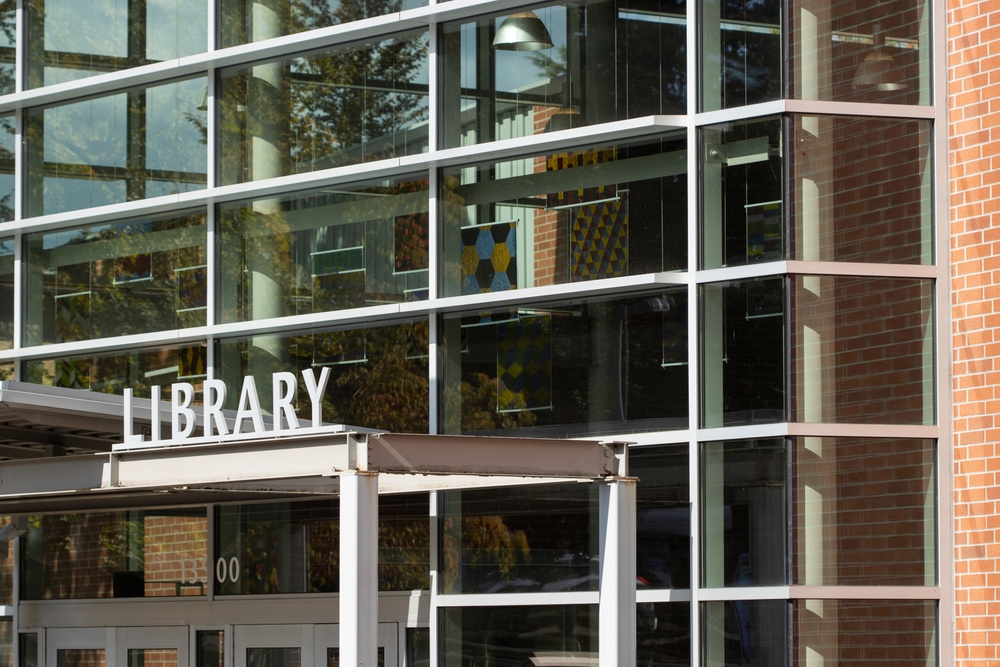When the COVID-19 pandemic exacerbated food insecurity, many community centers like libraries, museums, and sports fields began doubling as food pantry distribution sites. University of North Carolina researcher Noah Lenstra studies the relationship between libraries and food security and pinpoints these centers of community and learning are the perfect spaces to address hunger.
The earliest example of a library doubling as a food pantry is the Nelsonville branch of the Athens County Public Library which provided lunches to children in need in the summer of 1986. By 2019, one in ten public libraries was serving summer lunches to children.
During the pandemic, the U.S. Department of Agriculture’s Farmers to Families program made it easier for libraries to receive funding for food provision. Some sent librarians to volunteer at food banks, others handed out food in their parking lots or via lending libraries.
Libraries already serve as resource centers for vulnerable members of the population. They offer reading materials, internet access, and a safe space for anyone in need. What’s more, research shows that people feel safe in libraries.
Creating food distribution sites that are well-dispersed throughout the community and that residents feel comfortable patronizing is difficult. Nonetheless, expanding libraries to double as food banks are a great way to improve the accessibility of food services. These buildings are centrally located, regularly open, and almost always reachable by foot, bike, or public transportation. Plus, visitors to the library donating books can easily make food donations as well.
Mobilizing public infrastructure, like libraries, to meet the challenge of food insecurity would be a relatively easy and cost-effective measure to reduce hunger.












